|
As a mom of four children (three of whom are adults and live out of the home), homeschooling the baby of the bunch is very different than working with all the others on homework. Admittedly, the older ones attended public school but the nightly homework checks and help was always a thing--and I can say without a doubt homeschooling one child is both easier and harder at the same time.
This post may contain affiliate links. When you purchase using these links, I receive a small commission at no charge to you. This keeps this website and my homeschooling one child minstry going -- and I thank you. Homeschoolers who teach "just" one child (don't you just hate that? "You homeschool *just* one? You have *just* one child?" Well, yes, we homeschool one child...) do so for many reasons. For me, it was because my daughter was diagnosed with chronic migraines, dyslexia, and ADHD. Her IEP wasn't being followed and she was being bullied. With all that, plus the encroaching culture that was approaching public schools that went totally against my Christian beliefs, my husband and I chose to homeschool her, and we haven't looked back. Still, parents homeshool one child for many, many reasons: perhaps they have a child with chronic health or developmental needs, or they have a child who just does better in a one-to-one environment. Regardless, homeschooling singletons comes with a whole host of special situations. Competition One thing that I've learned with my daughter is that kids compete with one another in multiple child settings even though we don't think they do. With homeschooling one child, that competition goes away. The single child can focus on learning for learning's sake instead (or for relationship's sake), but, this also makes it difficult for when there are games (like playing HangMan for spelling) that would be nice if there was another kid in the room. Board games are an integral part of our homeschool. While we usually wait until my husband is home from work to play a board game together, we also choose games that are good for just two people and games that have a little educational value to them, such as Game of the States, a two-to-four player game designed for ages 8 years and older. Players race their trucks across the country, buying and selling goods along the way and learning interesting facts as they go. This newly updated version features educational S.T.E.M. facts about each state (Science Technology, Engineering, and Math). Double Bananagrams is a two-to-eight player letter game (great for spelling words!) that is packaged in a cute banana-shaped zippered bag. A quick-paced game where players build their own crosswords, everyone plays at once - no waiting! It's a learning tool, a family activity, a non-electronic fun game that sharpens word skills. Socialization When we announced to our families that we were going to homeschool our daughter, the biggest question we received was about socialization and friends. Here's the deal: there isn't that much socialization allowed in public school. Kids sit at their desks, cannot talk with one another, they're segregated by grade and age, and can only interact at recess and lunch--unless that is taken from them as punishment. Although my daughter is the only pupil in her school, we have playdates with kids her age, younger and older children, and we visit adults. She has learned how to interact with a large segment of society, from babies to kids her age, to teenagers, to adults. I'd call that socialization. We have made it a point to get her enrolled in groups, though, not necessarily for the social aspect but to add to her homeschool experience. While some homeschoolers utilize co-ops and enrichment clubs (and those are great options!), we haven't found any in our area that we like. We have, though, enrolled her in our county's 4H program and in our church's American Heritage Girls troop. She attends Sunday School and participates in youth events. Learning academics and interacting with people aren't relegated to the hours of 8 a.m. - 3 p.m.; learning never stops. Resources The biggest thing with homeschooling a singleton is the lack of resources. The stigma with homeschooling is that you need to have 10 children and a 15-passenger van. While there are parents who homeschool multiple children (and a 15-passenger van), that's not the only homeschooling scenario. I've found that a correlation to this stereotype is the lack of resources for parents homeschooling one child. But no more! I am excited to announce the Homeschooling One Child Online Summit--an online conference geared to encourage and inspire parents who are homeschooling singletons. Sponsored by Towers of Light Christian Resources, The Waldock Way, Powerline Productions, SPED Homeschool, Notgrass History, The Art of Special Needs Parenting, and The Mystery of History, many speakers and sponsors have come together to help parents of singletons. Each session and curriculum spotlight is dedicated to homeschooling just one child. Participants receive lifetime access, a digital swag bag, all the sessions, and the curriculum spotlight, for just $25. To register, click here. Homeschooling singletons can have a lot of joy -- once you see the child "get it," and then share that knowledge with someone else, it really is extraordinarily satisfying. In Christ, Terrie (C) 2021 Terrie Bentley McKee ALL RIGHTS RESERVED
3 Comments
|
AuthorTerrie Bentley McKee is an author and speaker who homeschools her youngest daughter. Married to her husband Greg, they have four children, all of whom have special needs of varying degrees. Terrie is a follower of Jesus Christ and tries to glorify God in all she does. To read more about her testimony, click here. Affiliate LinksHomeschooling One Child is a participant in the Amazon Services LLC Associates Program, an affiliate advertising program designed to provide a means for sites to earn advertising fees by advertising and linking to amazon.com. Check out our YouTube channel!Check out our podcast!Please pin!Archives
January 2024
Categories
All
|
- Home
- Blog
- Podcast
-
Resources
- Teach What is Good Devotional
-
Convention Resources
>
- Homeschooling a Teen with Autism
- Tips on Creating a Disability-Inclusive Church
- How to Teach Your Exceptional Child about Faith
- Homeschooling Preschoolers with Autism
- How to Pick Developmentally Appropriate Curriculum for your Autistic Child
- Overwhelmed
- Homeschooling One Child
- Life Skills Chickens
- Strategies on Homeschooling Kids with Special Needs
- About Us >
- Vlog
- Homeschooling News
- Printables
- Special Needs
- Curriculum
- Encouragement
- Home Management >
- History
- Science
- 25 Days of Advent
- Courses
- Store
(C) 2023 Terrie Bentley McKee ALL RIGHTS RESERVED
- Home
- Blog
- Podcast
-
Resources
- Teach What is Good Devotional
-
Convention Resources
>
- Homeschooling a Teen with Autism
- Tips on Creating a Disability-Inclusive Church
- How to Teach Your Exceptional Child about Faith
- Homeschooling Preschoolers with Autism
- How to Pick Developmentally Appropriate Curriculum for your Autistic Child
- Overwhelmed
- Homeschooling One Child
- Life Skills Chickens
- Strategies on Homeschooling Kids with Special Needs
- About Us >
- Vlog
- Homeschooling News
- Printables
- Special Needs
- Curriculum
- Encouragement
- Home Management >
- History
- Science
- 25 Days of Advent
- Courses
- Store
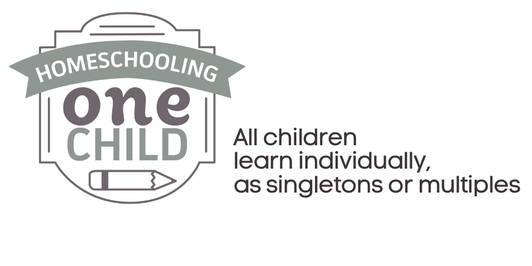
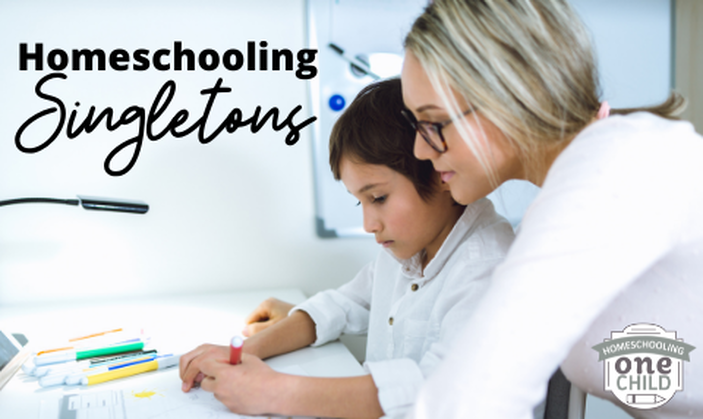
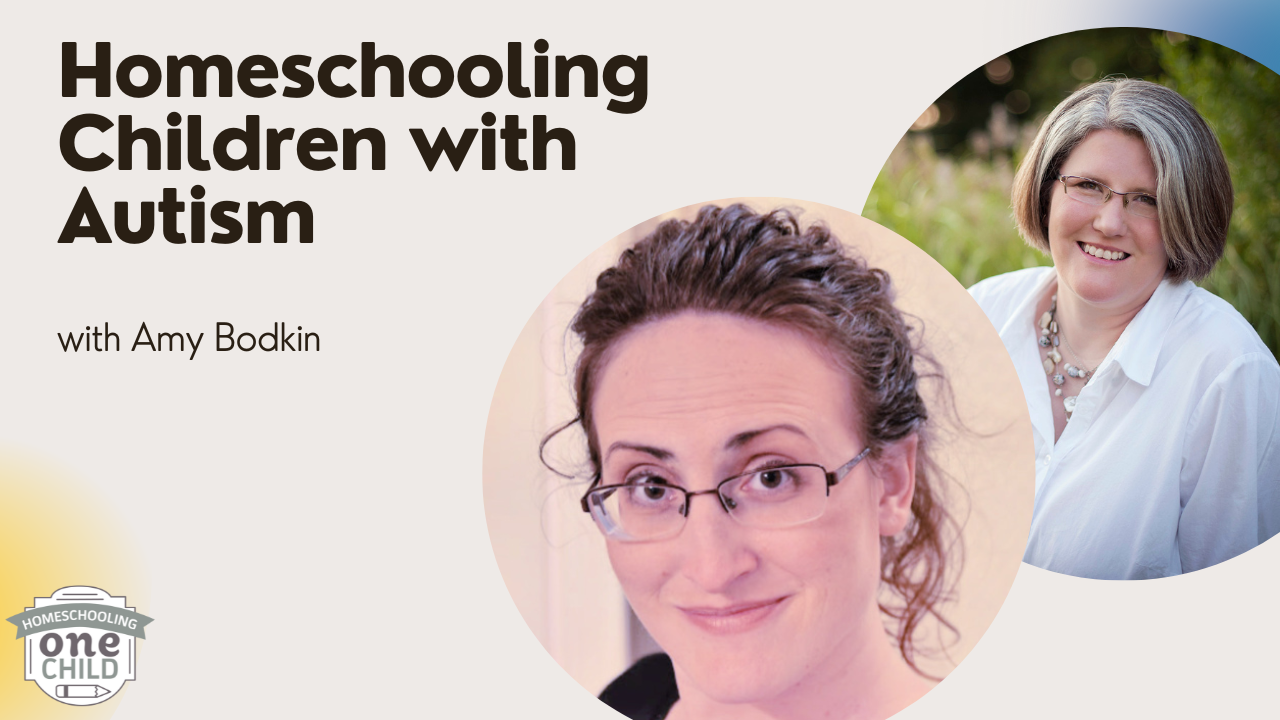
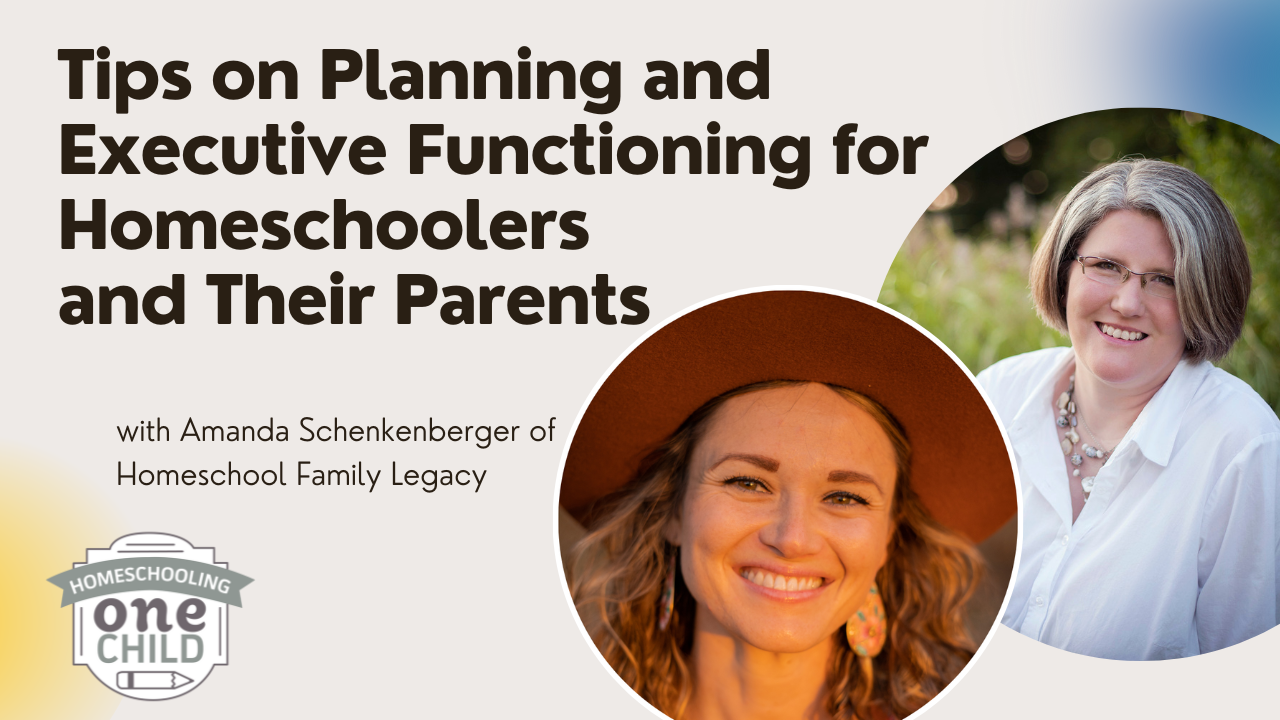
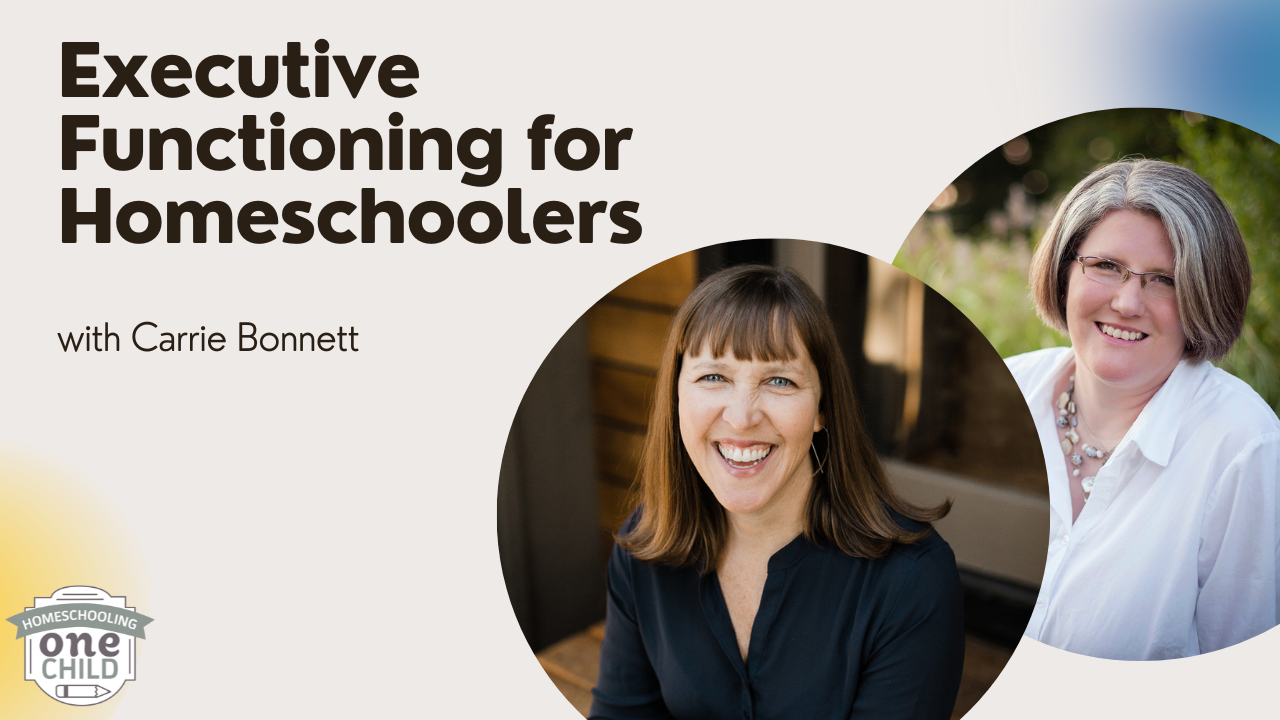
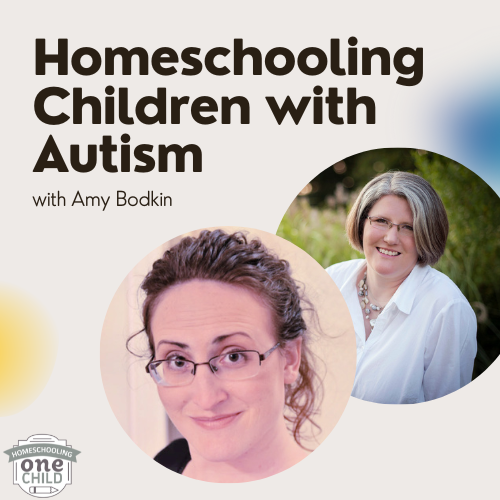
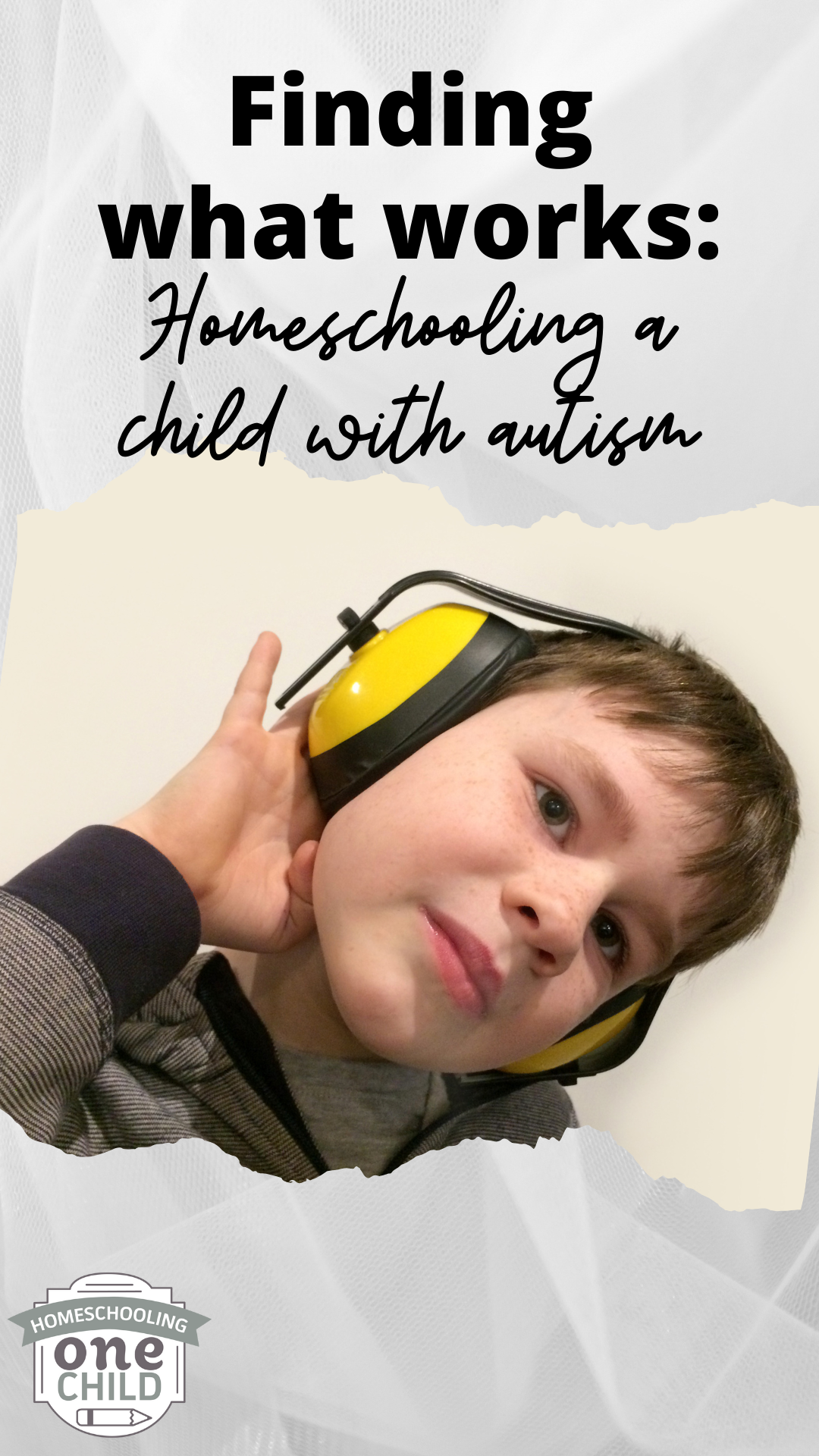
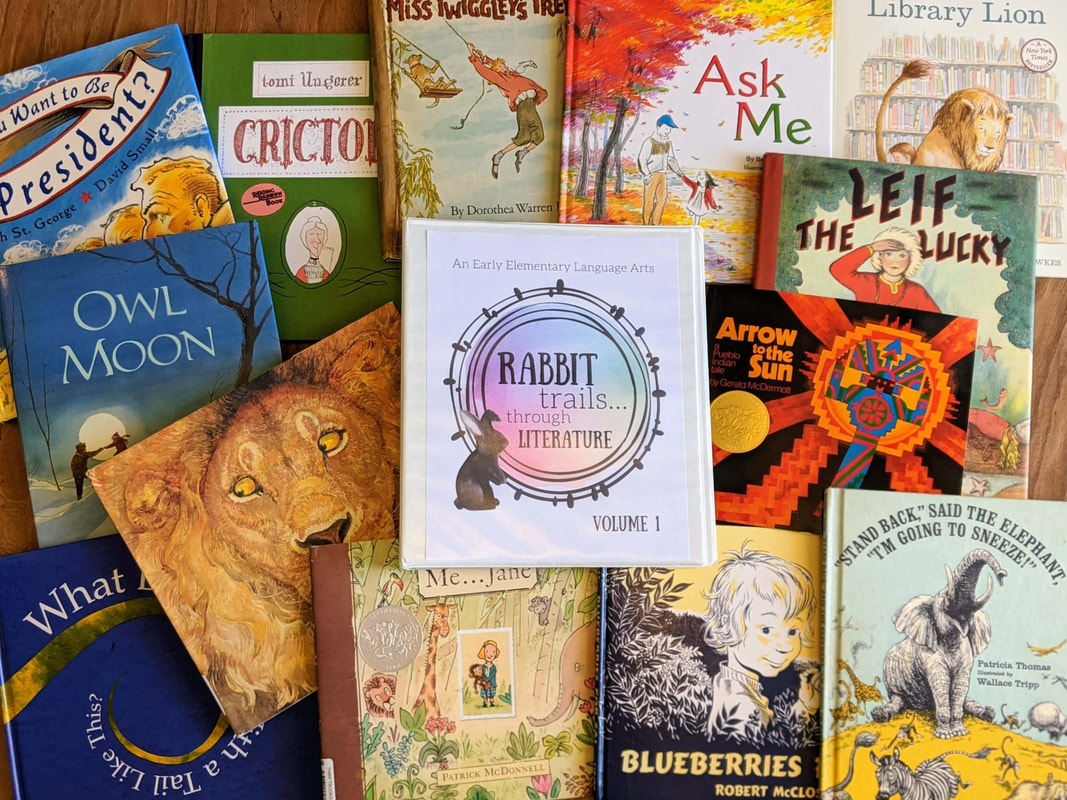
 RSS Feed
RSS Feed
